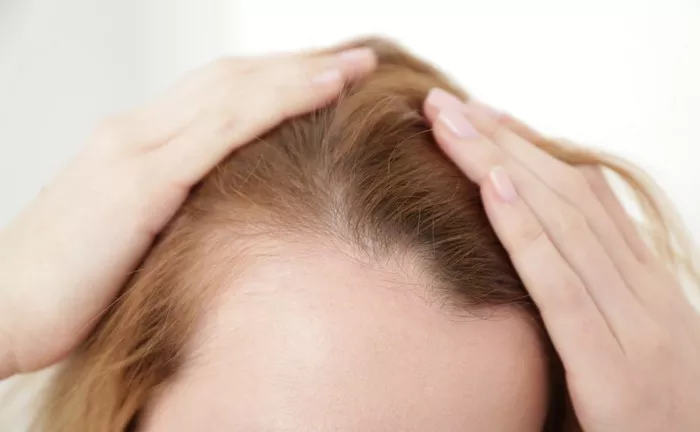Hair loss can be a distressing experience, and understanding its root causes is essential for effective treatment and prevention. In some cases, hair loss can be attributed to infections that affect the scalp and hair follicles. In this comprehensive guide, we will explore the infections that can lead to hair loss, shedding light on these underlying factors that contribute to this common concern. By understanding the relationship between infections and hair loss, you can take proactive steps to protect your hair and maintain a healthy scalp.
Fungal Infections and Hair Loss
Fungal infections of the scalp are a common cause of hair loss, and they can manifest in various forms:
1. Ringworm (Tinea Capitis): This highly contagious fungal infection can lead to hair loss in patches, often accompanied by itching and redness.
2. Folliculitis: When hair follicles become infected with fungi, it can result in folliculitis. This condition can lead to hair loss in the affected areas.
3. Seborrheic Dermatitis: A chronic condition linked to fungal activity, seborrheic dermatitis can lead to hair loss if left untreated.
Bacterial Infections and Hair Loss
Bacterial infections can also play a role in hair loss, primarily when they affect the hair follicles:
1. Cellulitis: This bacterial skin infection can extend to the hair follicles, causing hair loss in the infected area.
2. Impetigo: Impetigo can lead to hair loss when it affects the scalp. It often presents with crusted sores and blisters.
Viral Infections and Hair Loss
Certain viral infections can indirectly contribute to hair loss:
1. Herpes Zoster (Shingles): Shingles can lead to hair loss if it affects the scalp, causing damage to hair follicles.
2. High Fever: Severe viral infections with high fevers can sometimes trigger a temporary form of hair loss known as telogen effluvium.
Treating Infections and Preventing Hair Loss
Understanding the infections that can cause hair loss is only the first step. Here’s how to address and prevent these issues:
1. Medical Treatment: Consult a healthcare professional if you suspect a fungal, bacterial, or viral infection on your scalp. They can prescribe appropriate medications, such as antifungal creams or antibiotics, to treat the infection and prevent further hair loss.
2. Good Hygiene: Maintaining good scalp hygiene is crucial to preventing infections. Regularly wash your hair with a gentle, pH-balanced shampoo and avoid sharing personal items like hats or combs to reduce the risk of infection.
3. Avoid Scratching: Refrain from scratching your scalp, as this can exacerbate infections and hair loss.
4. Healthy Lifestyle: A balanced diet rich in essential nutrients and a strong immune system can help your body fight off infections and reduce the likelihood of hair loss.
When to Seek Professional Help?
While mild infections may resolve with over-the-counter treatments, it’s crucial to recognize when professional intervention is necessary:
1. Persistent Symptoms: If your symptoms worsen or persist despite self-treatment, consult a healthcare provider.
2. Severe Infections: Severe infections may require prescription medications and close medical supervision.
3. Extensive Hair Loss: If you experience significant hair loss, consult a dermatologist who specializes in hair disorders for a thorough evaluation and personalized treatment plan.
See Also: Duration of hair loss after miscarriage: A Quick Guide
Conclusion
Hair loss can be a complex issue with various underlying causes, including infections. By understanding the types of infections that can lead to hair loss and taking proactive steps to address and prevent them, you can protect your hair and maintain a healthy scalp. Remember that timely medical attention is crucial for severe or persistent infections to prevent further hair loss and promote recovery. Armed with knowledge and a commitment to good scalp hygiene, you can tackle hair loss at its root and ensure your locks stay luscious and vibrant.


